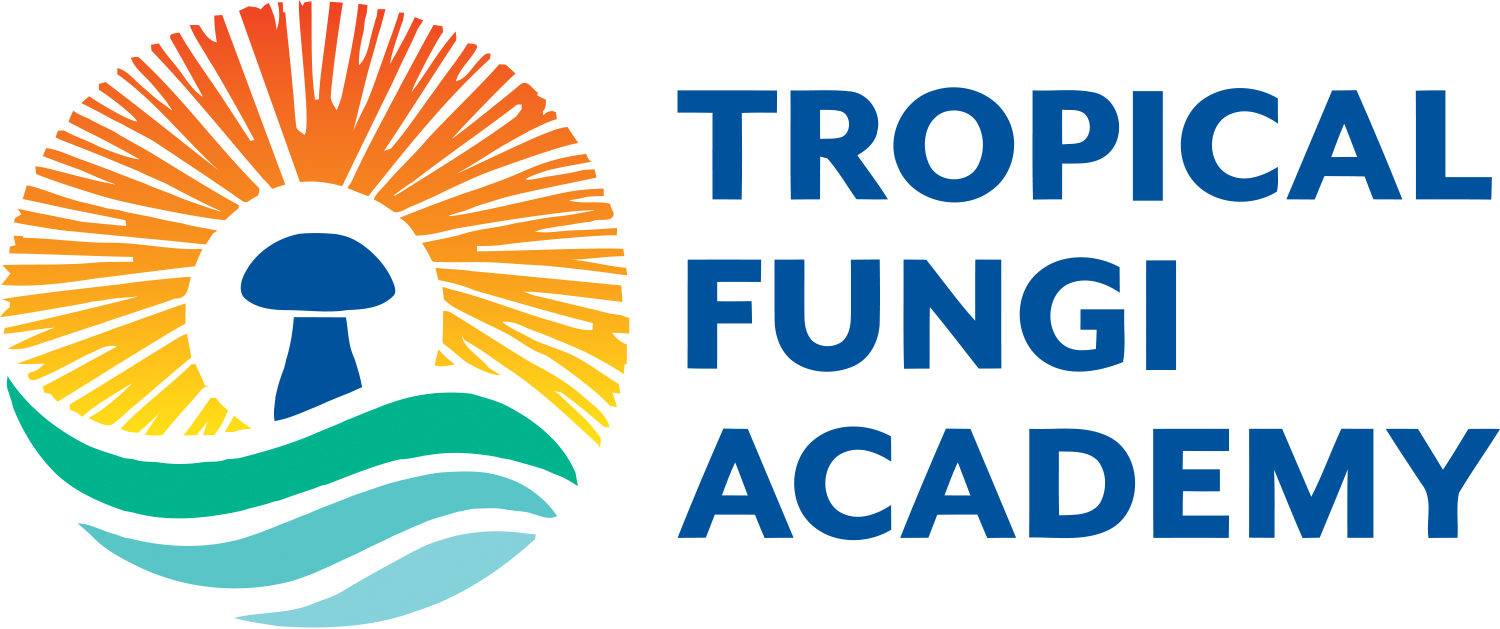Frequently ASK
No! Some fungi are edible and delicious, while others are toxic or even deadly. Never eat wild fungi unless you are 100% sure about its identity, preferably confirmed by an expert.
Absolutely! With proper guidance and safety instructions, fungi exploration can be a fun and educational activity for kids. We also plan to offer child-friendly content soon.
Yes, many fungi have medicinal properties. For example, Penicillin (an antibiotic) comes from a type of mold. Some tropical fungi are being researched for potential health benefits.
Yes! We offer beginner-friendly and advanced online courses covering fungi identification, ecology, safety, and more—all focused on tropical environments.
Identification depends on features like cap shape, color, spore print, smell, habitat, and season. Our courses teach you safe methods for observing and identifying tropical fungi step by step.
Our courses are designed for everyone—from beginners with no background in biology to professionals or students in botany, mycology, or environmental science.
No! Some fungi are edible and delicious, while others are toxic or even deadly. Never eat wild fungi unless you are 100% sure about its identity, preferably confirmed by an expert.
Absolutely! With proper guidance and safety instructions, fungi exploration can be a fun and educational activity for kids. We also plan to offer child-friendly content soon.
Yes, many fungi have medicinal properties. For example, Penicillin (an antibiotic) comes from a type of mold. Some tropical fungi are being researched for potential health benefits.
Yes! We offer beginner-friendly and advanced online courses covering fungi identification, ecology, safety, and more—all focused on tropical environments.
Identification depends on features like cap shape, color, spore print, smell, habitat, and season. Our courses teach you safe methods for observing and identifying tropical fungi step by step.
